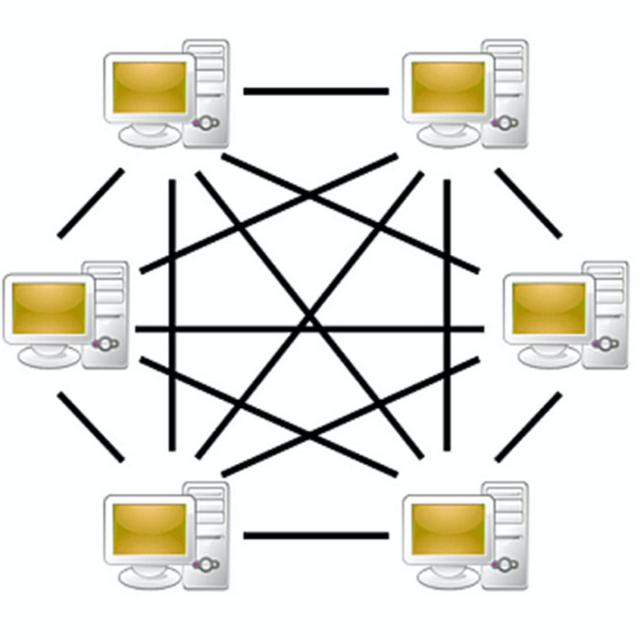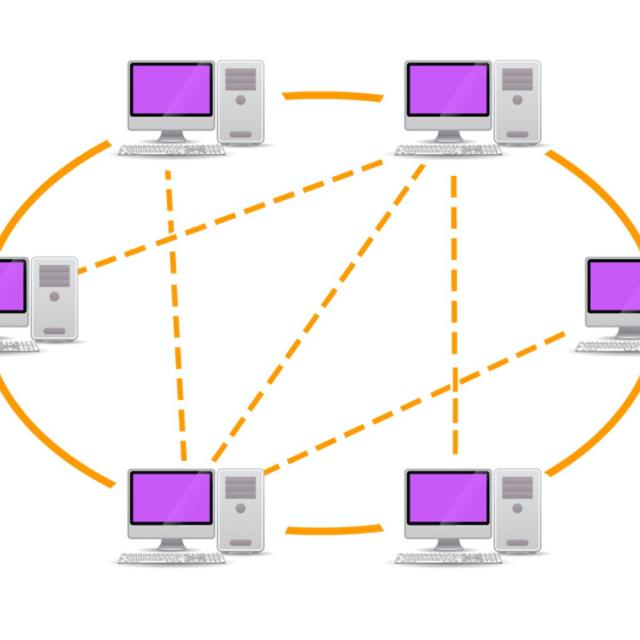Xiaobo Zhou
Xiaobo Zhou, Professor of Computer Science, serves as the Interim Dean of College of Engineering and Applied Sciences, University of Colorado, Colorado Springs. He served as the Chair of Department of Computer Science from 2011 to 2016. He directs Distributed, Sustainable, and Cloud Computing Systems (DISCO) Lab. His research lies broadly in computer network systems, more specifically, datacenter cloud computing, BigData parallel and distributed processing, autonomic and sustainable computing, scalable Internet services and architectures, and computer networks and security. His research was supported in part by US National Science Foundation. He was a recipient of NSF CAREER Award 2009, and the University Faculty Award for Excellence in Research 2011.




